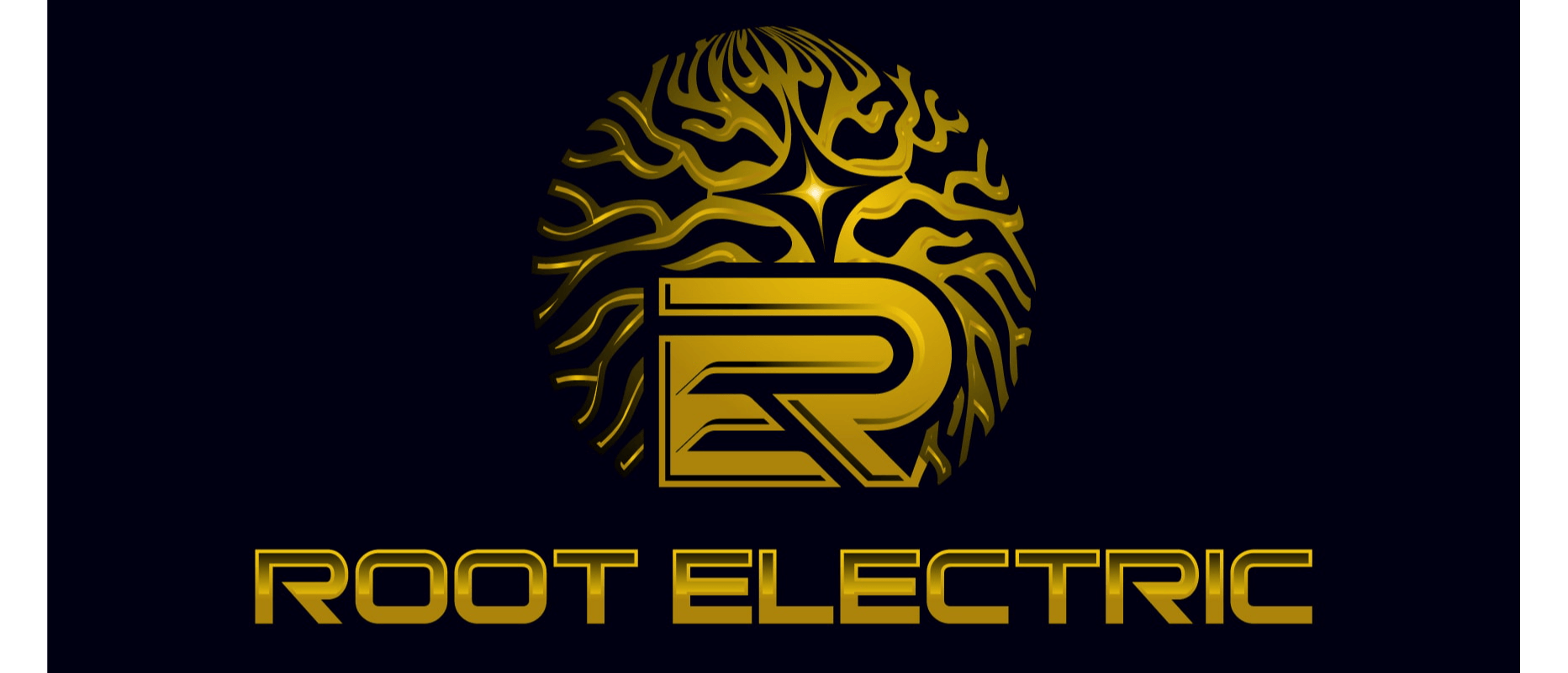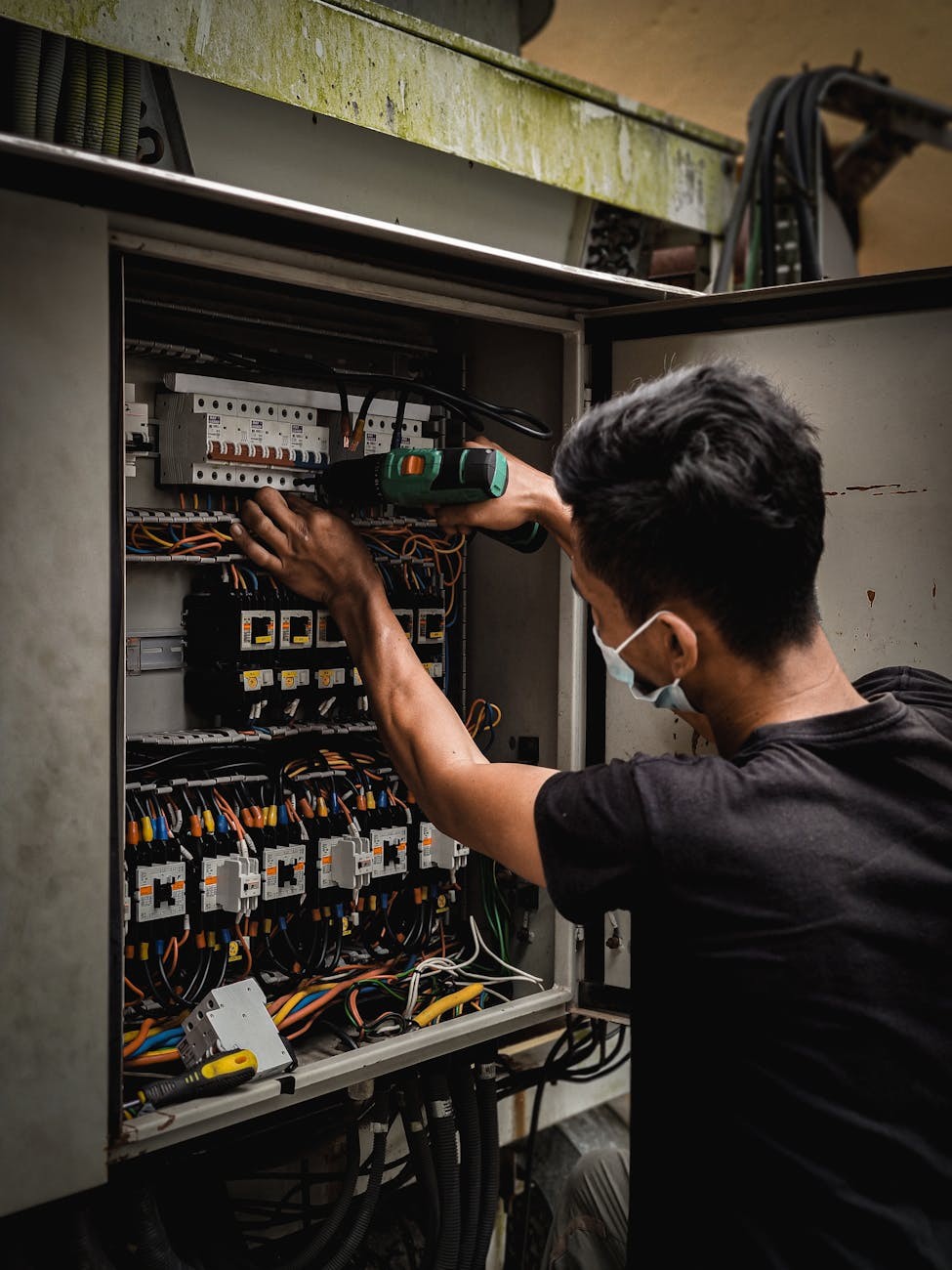Your home's electrical panel serves as the central hub for all electrical power distribution throughout your property. As the heart of your electrical system, it controls the flow of electricity from the utility company to every outlet, switch, and appliance in your home. However, many Parker homeowners don't realize when their electrical panel has become outdated or insufficient for their current needs.
Recognizing the signs that indicate your electrical panel needs upgrading is crucial for maintaining a safe and efficient home. An outdated or overloaded panel can pose serious safety risks, including electrical fires, power outages, and damage to expensive electronics and appliances.
Age of Your Current Electrical Panel
The age of your electrical panel is one of the most important factors to consider when evaluating whether an upgrade is necessary. Most electrical panels are designed to last between 25 to 40 years, depending on the manufacturer, installation quality, and usage patterns. If your Parker home was built before 2000 and still has its original panel, it's likely time to consider an upgrade.
Older panels often lack the capacity to handle modern electrical demands. Today's homes require significantly more power than homes built decades ago, with multiple computers, smart home devices, large appliances, and electric vehicle chargers becoming standard features. An aging panel may struggle to distribute power efficiently, leading to frequent tripping and potential safety hazards.
Federal Pacific Electric (FPE) and Zinsco panels, commonly installed in homes built between the 1950s and 1980s, are particularly problematic. These panels have known safety issues and should be replaced immediately, as they may fail to trip during an overload condition, increasing the risk of electrical fires.
Frequent Circuit Breaker Trips
Circuit breakers are designed to trip when they detect an overload or short circuit, protecting your home's wiring and appliances from damage. However, if you find yourself constantly resetting breakers, this indicates your electrical panel is struggling to meet your home's power demands.
Occasional breaker trips are normal, especially when using high-power appliances like space heaters or power tools. However, frequent trips suggest that your circuits are consistently overloaded. This situation occurs when the electrical demand exceeds the panel's capacity or when individual circuits are carrying more load than they're designed to handle.
Modern electrical panels typically feature 200-amp service, while older homes may have 100-amp or even 60-amp service. If you're experiencing frequent trips, especially when running multiple appliances simultaneously, your panel likely lacks sufficient amperage to support your household's electrical needs safely.
Flickering or Dimming Lights
Lights that flicker or dim when you turn on appliances are clear indicators of electrical system strain. This phenomenon occurs when large appliances draw significant power, causing voltage drops throughout your home's electrical system. While minor dimming when starting a large motor is normal, persistent or severe flickering suggests your panel cannot adequately distribute power.
LED lights are particularly sensitive to voltage fluctuations and may flicker more noticeably than traditional incandescent bulbs. If you've recently switched to LED lighting and notice increased flickering, your electrical panel may be the culprit rather than the bulbs themselves.
Voltage fluctuations can also damage sensitive electronics like computers, televisions, and smart home devices. These expensive items rely on stable power delivery, and consistent voltage variations can shorten their lifespan or cause immediate failure.
Burning Smells or Scorch Marks
Any burning smell emanating from your electrical panel requires immediate attention from a licensed electrician. These odors often indicate overheating components, which can lead to electrical fires. Similarly, scorch marks, discoloration, or melted components around the panel are serious warning signs that should never be ignored.
Overheating typically occurs when connections become loose, circuits are overloaded, or the panel components are failing due to age or manufacturing defects. The heat generated by these conditions can ignite surrounding materials, creating a significant fire hazard.
If you notice any unusual smells or visual signs of overheating, turn off the main breaker if it's safe to do so and contact a professional electrician immediately. Do not attempt to investigate or repair these issues yourself, as working with electrical panels can be extremely dangerous.
Insufficient Outlets and Extension Cord Reliance
Modern homes require numerous electrical outlets to accommodate today's electronic devices and appliances. If you find yourself relying heavily on extension cords or power strips throughout your home, this indicates your electrical system wasn't designed for current usage patterns.
While the outlet shortage itself doesn't necessarily require a panel upgrade, adding new circuits to support additional outlets often does. Each new circuit requires available space in your electrical panel, and older panels may lack sufficient breaker slots to accommodate new circuits safely.
Overusing extension cords and power strips creates safety hazards, including tripping risks, overheating, and potential fire dangers. These temporary solutions should never replace proper electrical installations with adequate outlet placement throughout your home.
Planning Major Electrical Additions
Certain home improvements and additions require significant electrical capacity that may exceed your current panel's capabilities. Electric vehicle chargers, hot tubs, swimming pool equipment, home additions, and upgraded HVAC systems all demand substantial power that older panels cannot provide.
Level 2 EV chargers, for example, typically require 240-volt, 40-amp circuits, which represent a significant electrical load. Installing such equipment on an already strained electrical system can create dangerous conditions and may violate local electrical codes.
Before undertaking major electrical projects, have a qualified electrician evaluate your current panel capacity and recommend upgrades if necessary. This proactive approach ensures your new installations operate safely and efficiently while maintaining code compliance.
Insurance and Resale Considerations
Many insurance companies are increasingly reluctant to provide coverage for homes with outdated electrical systems, particularly those with known problematic panel brands. Some insurers may require electrical upgrades before issuing or renewing policies, while others may charge higher premiums for homes with older electrical systems.
From a resale perspective, an updated electrical panel adds value to your Parker home and makes it more attractive to potential buyers. Home inspectors routinely flag outdated electrical systems, and buyers often request electrical upgrades as conditions of sale or negotiate lower purchase prices to account for necessary improvements.
Investing in an electrical panel upgrade demonstrates proactive home maintenance and provides peace of mind for both current occupancy and future sale considerations.
Benefits of Upgrading Your Electrical Panel
Modern electrical panels offer numerous advantages over older systems, including improved safety features, increased capacity, and better reliability. Today's panels include advanced arc-fault and ground-fault circuit interrupters that provide enhanced protection against electrical hazards.
Increased amperage capacity allows you to add new circuits for modern conveniences without overloading your system. This flexibility supports home automation, electric vehicle charging, and energy-efficient appliances that require dedicated circuits.
Newer panels also feature better labeling systems, making it easier to identify and control specific circuits during maintenance or emergencies. This improved organization enhances both safety and convenience for homeowners and service technicians.
Professional Installation Importance
Electrical panel upgrades require professional installation by licensed electricians due to the complexity and safety risks involved. This work typically requires permits and inspections to ensure compliance with local electrical codes and safety standards.
Professional installation ensures proper sizing, appropriate component selection, and safe connection to utility services. Licensed electricians understand local code requirements and can identify potential issues that untrained individuals might overlook.
Attempting DIY electrical panel work is extremely dangerous and illegal in most jurisdictions. The risks include electrocution, fire, property damage, and voided insurance coverage. Always rely on qualified professionals for electrical panel upgrades and related work.
Recognizing when your Parker home needs an electrical panel upgrade is essential for maintaining safety, efficiency, and modern functionality. By understanding these warning signs and taking proactive steps, you can ensure your home's electrical system meets current demands, provides a foundation for future improvements, and offers peace of mind for years to come.


